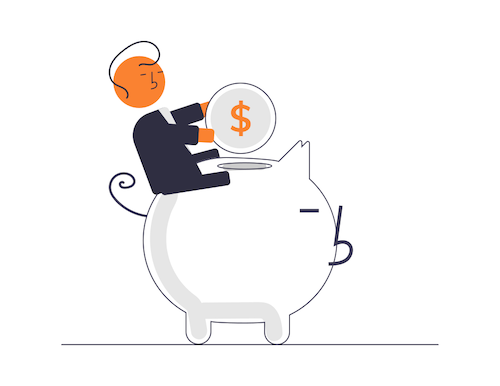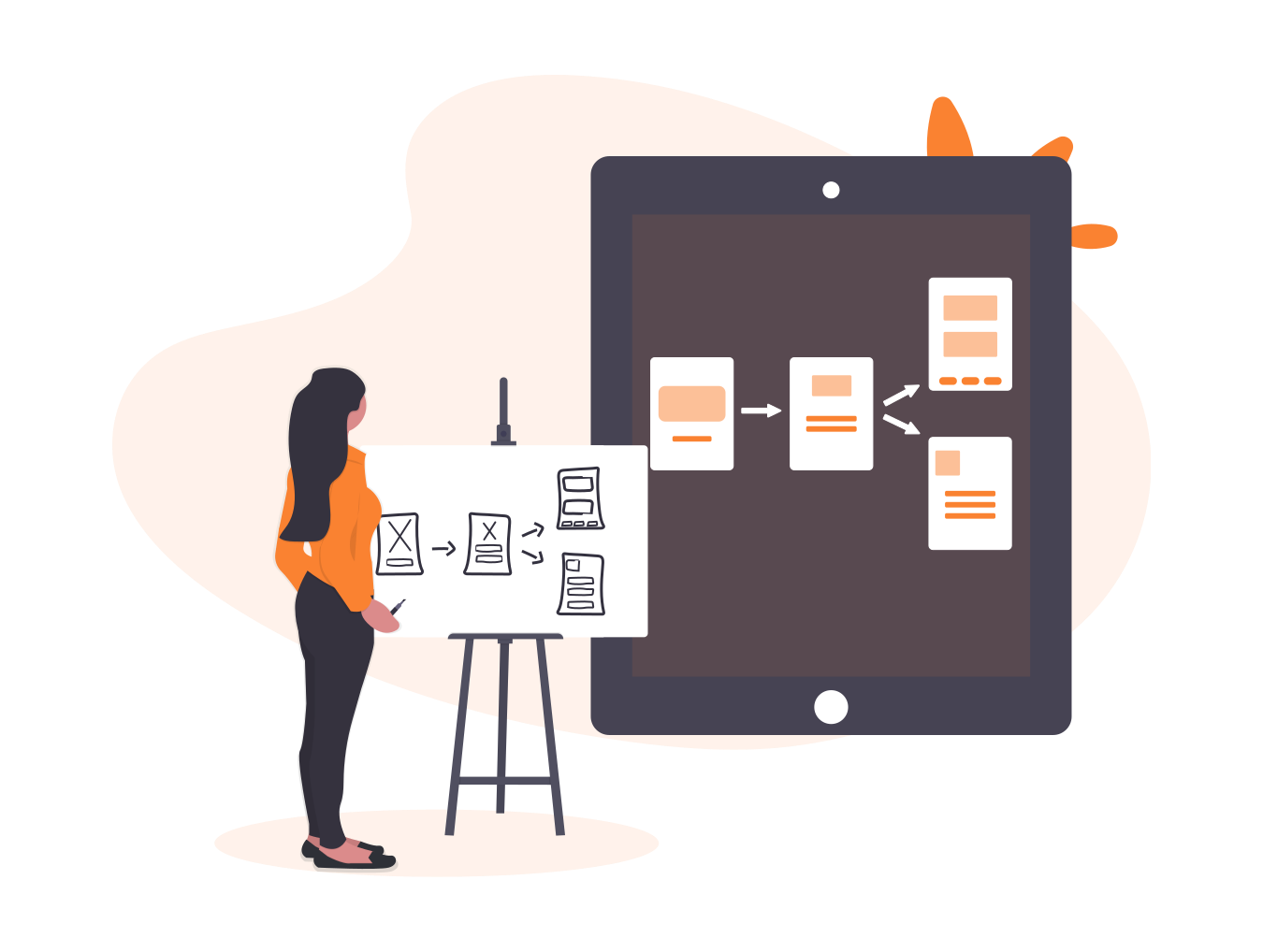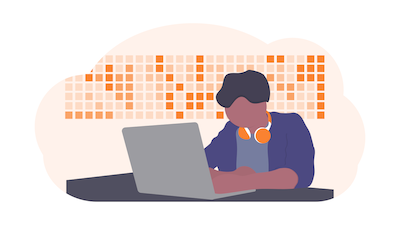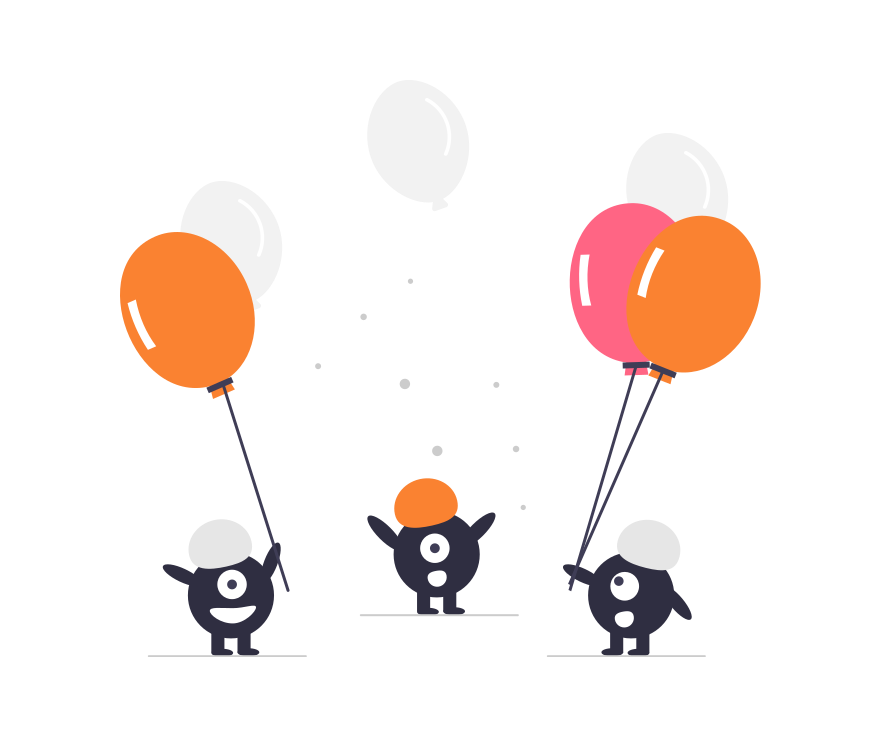
Developing your own app might sound like an expensive proposition to most entrepreneurs, but it doesn't have to be. There is no fixed price for app development; your costs will depend on your app's specific features. However, the more you are willing to spend on app development, the more potential your finished app will have.
1. Is developing an app expensive?
This is the most important question for entrepreneurs that are on the fence about whether to invest in a mobile app. The truth is, it's impossible to say how much developing an app will cost and whether it's worth it without knowing more about the individual or startup commissioning it and its intended functionality and purpose. The app's scope and requirements will determine the development costs, so it's important to nail these down before conducting a full cost-benefit analysis.
Another crucial factor in determining your app's development costs will be the developer you use to build it. If your startup is lucky enough to have staff members in-house capable of developing your app, you can significantly reduce your costs. But most startups aren't this fortunate and will have to hire an external developer to build their app for them.
2. Determining the scope of an app
Before any developer can give you an accurate prediction of how long development will take or how expensive it will be, they need to know exactly what the app will consist of. There are several factors that will determine your app's scope. To get an idea of your development costs, you need to know the answers to the following questions:
2.1. What features will the app have?
Apps vary wildly in terms of their complexity and the features they offer. For some businesses, there are a number of obvious features that customers will expect, even for startups. For example, apps for e-commerce businesses should, in almost every case, enable users to purchase products and services as they would when using the associated website.
2.2. Which platforms will it be available on?
If you intend to deploy your app across multiple platforms, you will either need to develop separate versions for each platform or utilise a cross-platform development language. Alternatively, designing your app as a web app will make it available to most users through their web browser. However, web apps don't offer quite the same functionality as regular apps and tend to be less popular among users, despite their versatility.
2.3. How large will the app be?
As a starting approximation, you can measure your app's size in terms of how many different screens it contains. For example, when someone opens your app, they are usually presented with some kind of home screen. If your users can press a button marked 'About' to a page containing information about you or your app, that's another screen. Some of your screens will be static, meaning they contain the same thing every time they're opened. Others will be dynamic; their content will change and be different every time they are viewed.
3. How to design your app

Before you approach developers with your app proposal, it helps to have a detailed design on paper. Producing a design isn't expensive; you don't have to go overboard with it. Even a sketch of your app using pen and paper will help a developer to understand what you want from your app and how you want it to look and function. However, there is plenty of free software out there you can use to produce a more professional-looking design. Regardless of how you go about it, there are certain steps you should take and things your ap design should include:
3.1. Research your target market
It's hard to overstate how important it is to do your research before you embark on the development process. The more data you have about your target market and your app's expected userbase, the easier it is to design an app that resonates with your audience. It's important to remember that not everyone in your target audience will necessarily download your app. It's not uncommon for startups to only target a specific section of their audience with their mobile app. If your project mostly appeals to a relatively narrow demographic anyway, it makes sense for you to design an app that will primarily appeal to them.
3.2. What type of app will it be?
There are three main types of app for you to choose from. Each one has its own benefits and drawbacks, so pick carefully. If your developer suggests you switch from your intended app type to a different one, you should consider what they have to say:
- Web apps: Web apps are accessed via the device's web browser, making them very versatile. Web apps don't need to be downloaded; they are compatible with multiple platforms and are usually the quickest and cheapest app type to develop. However, they don't have the same access to the device's hardware that other app types do.
- Native apps: Native apps are the most common type of app. These are apps that have been designed and built specifically for the platform they are running on. Because they are tailored for specific operating systems, they can take full advantage of the device's hardware and harness any of its capabilities. Native apps are fantastic if you are only releasing on one platform, but if you want to target multiple platforms, you'll need to develop separate versions in parallel, which can send your budget skyrocketing.
- Cross-platform apps: Cross-platform apps are something of a middle-ground between the other app types available. This method allows developers to produce apps that run on iOS, Android and other platforms from a single codebase. This significantly reduces the time and cost to develop a multi-platform application. At Ingenious App Studios, we utilise the Google-owned framework Flutter to produce high quality applications at a huge time and cost savings for our clients.
Think carefully before you decide which type of app you want to develop. If you're unsure which is best for you, you should consult with your developer before they begin building your app.
4. The developer

There are several ways you can approach the app development process. Most entrepreneurs and startups will need to look to external developers unless they happen to know how to develop an app themselves. Before you can choose a developer, you first need to decide what type of developer you are going to use. Think carefully through all the available options before deciding which is most appropriate for your needs.
4.1. Choosing what type of developer to use
There are thousands of app development businesses globally; finding the ideal partner to develop your app can seem like a daunting task, but it's worth taking your time to ensure you make the right decision.
- Freelancer: Freelance developers are individuals that have the know-how to develop apps without any outside assistance. This is the most inexpensive approach to app development, but there are some potential pitfalls to working with an individual instead of a team. Freelance developers do everything themselves, whereas development teams consist of numerous individuals with their own specialities.
- Global consultancy firm: The most expensive developers are those that operate globally. However, they also have the most resources and usually come with a stellar reputation. This approach is going to be too expensive for most startups and sole traders.
- Development Agencies: Development agencies are a step-up from freelancers. They employ teams of developers and usually have more experience working with bigger clients and projects. However, they don't have quite the same resources as a global consultancy firm.
- Boutique agencies: Ingenious App Studios is a boutique creative agency. Our business is just the right size to be able to offer our clients a unique value proposition. We are small enough that we can focus on each individual entrepreneur we work with, but we have enough staff and resources to produce high-quality products to our clients' specifications.
4.2. What to look for in a developer
Your choice of developer will determine the quality of the final product and how much you pay for it. It's important to consider both parts of the equation when you're choosing who to work with. Here's what you should be looking for in an app developer:
- Clear communications
- An existing portfolio
- Passion for your project
- Complete transparency
- A clear pricing structure

Choosing the right developer for your app is essential, not just to ensure the quality of the final product but also to ensure that you don't pay more than you need to. At Ingenious App Studios, we provide all our prospective clients with detailed quotes that break down the amount of work required for every frontend and backend feature and how many hours we expect each to take. Clients can then decide which features to include or exclude according to their individual priorities. If this kind of open and transparent approach from a developer is what you're looking for, contact us today to find out how we can help make your app a reality.























